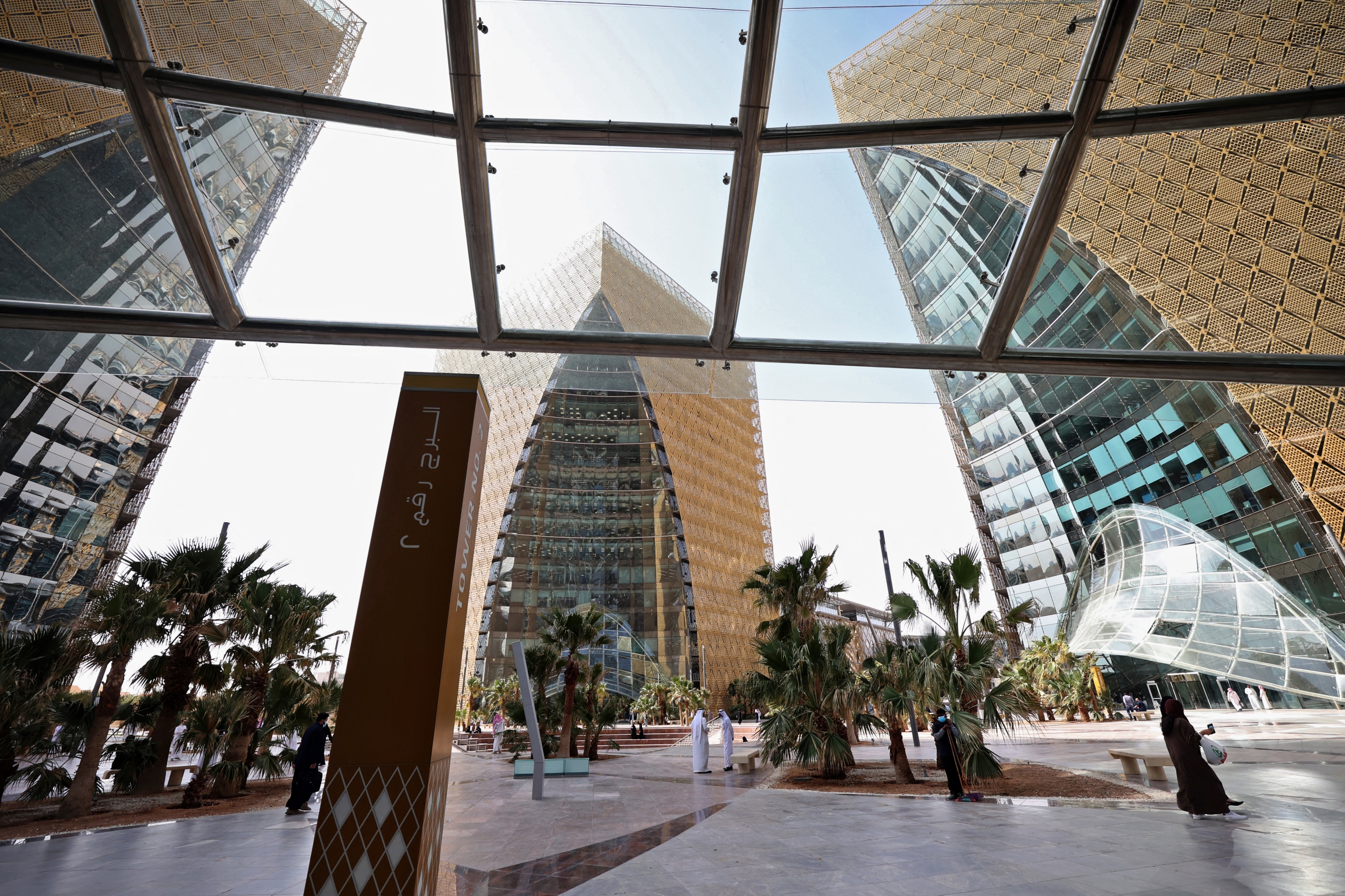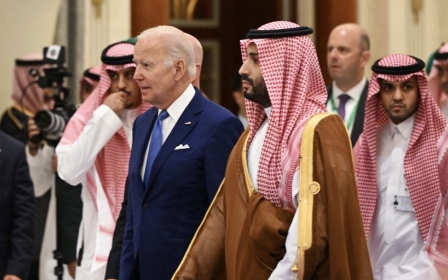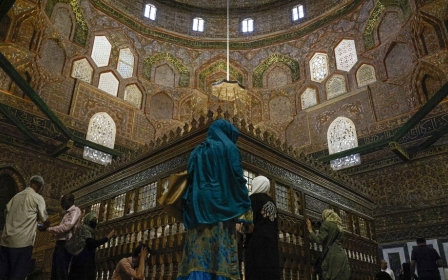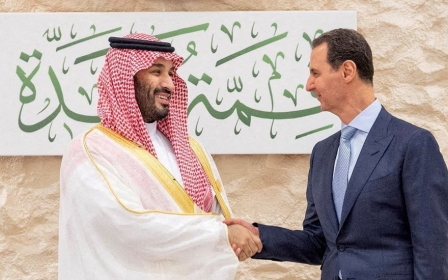Saudi Arabia heads toward budget deficit despite predictions of surplus

Saudi Arabia is expecting to fall into a budget deficit this year, despite earlier predictions of a surplus, the finance ministry said, as the country continues to invest in its non-oil economy.
The finance ministry said in a preliminary budget statement on Saturday that it expected a budget deficit of two percent of gross domestic product (GDP) this year rather than an earlier projected surplus, and a deficit of 1.9 percent of GDP in 2024.
Both deficits are estimated at 161bn riyals ($43bn).
The kingdom is expected to tap international debt markets to finance the projected deficit between now and next year, while oil prices are lowered and oil production cuts are extended.
The country still depends heavily on oil revenues, even though it has spent heavily on initiatives to diversify its economy.
Stay informed with MEE's newsletters
Sign up to get the latest alerts, insights and analysis, starting with Turkey Unpacked
Some analysts have predicted the kingdom’s economy would shrink for the first time since 2020 at the height of the Covid-19 pandemic, although a hefty dividend from state oil producer Saudi Aramco could offset some of the deficits.
Oil prices, which remain below last year’s average of $100 a barrel, rose above $90 after Riyadh said last month that it was extending a voluntary oil output cut of 1 million barrels per day until the end of 2023.
This has pushed total revenue estimates for 2023 up to 1,180bn riyals from an earlier projection of 1,130bn riyals, the finance ministry said.
Total revenues are still below the 2022 levels of 1,268bn riyals.
Meanwhile, total expenditure is seen rising to 1,262bn riyals in 2023, from an earlier estimate of 1,114bn riyals, before slowing down marginally to 1,251bn riyals in 2024.
Despite strong growth in the non-oil economy, lower oil production and revenue this year impacted the kingdom’s 2023 GDP growth which the ministry revised down to 0.03 percent compared with a previous forecast of 3.1 percent. Non-oil GDP is expected to grow 5.9 percent in 2023.
"The higher spending targets released in the Saudi government budget indicates that domestic growth will remain strong," said Mazen al-Sudairi, head of research at Al Rajhi Capital. "The increase in spending should support the 4 percent growth in non-oil GDP next year."
Middle East Eye delivers independent and unrivalled coverage and analysis of the Middle East, North Africa and beyond. To learn more about republishing this content and the associated fees, please fill out this form. More about MEE can be found here.





